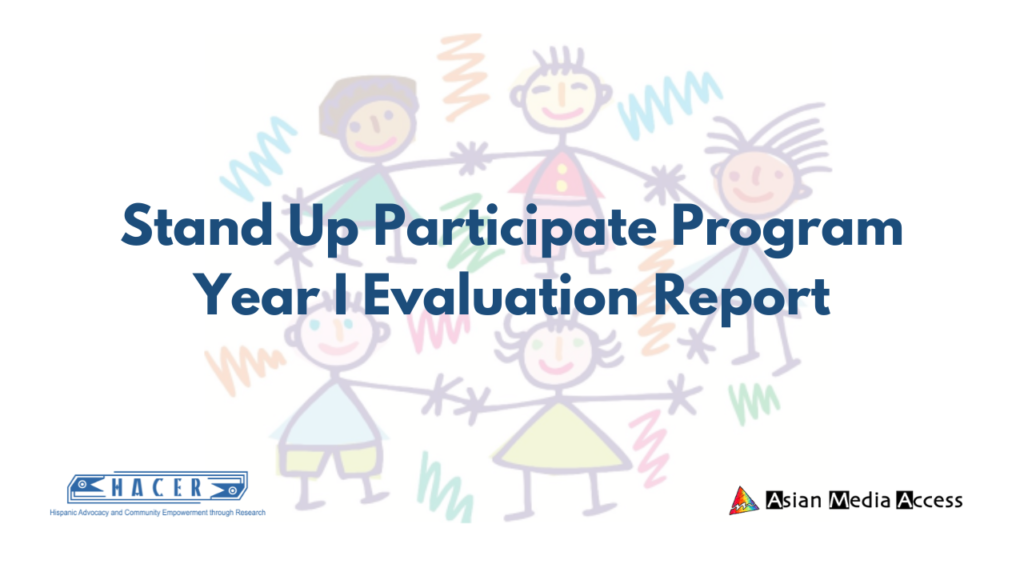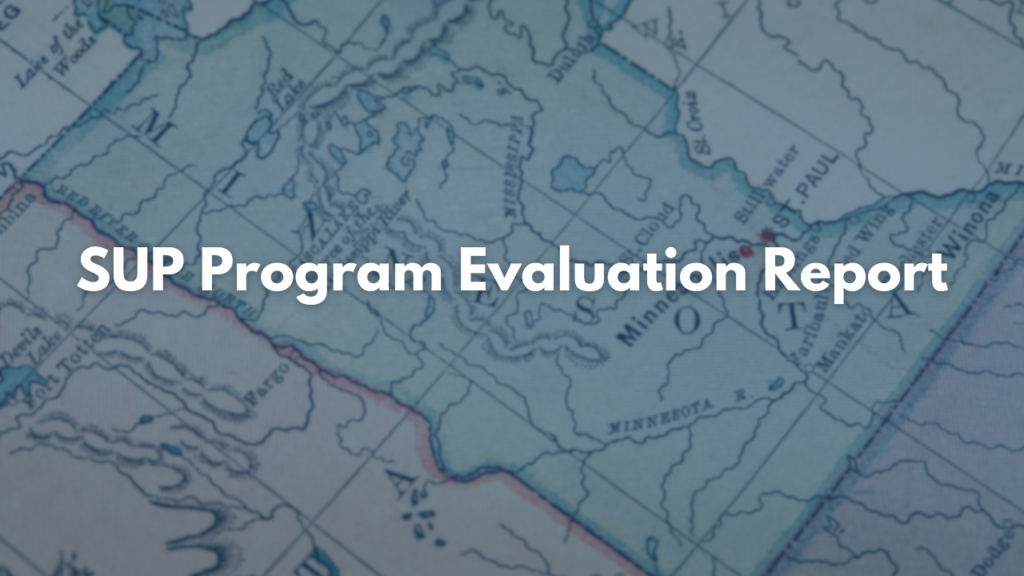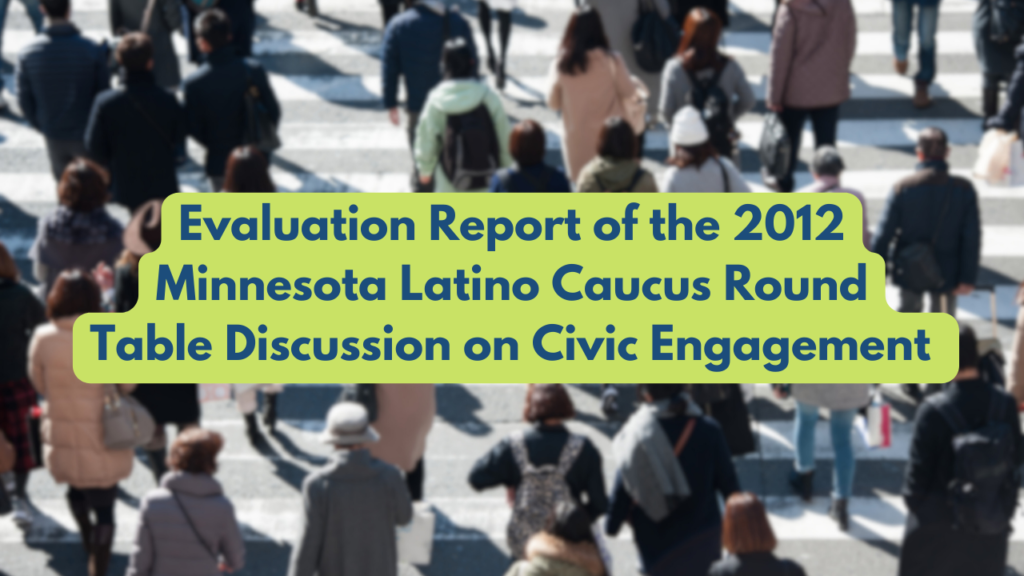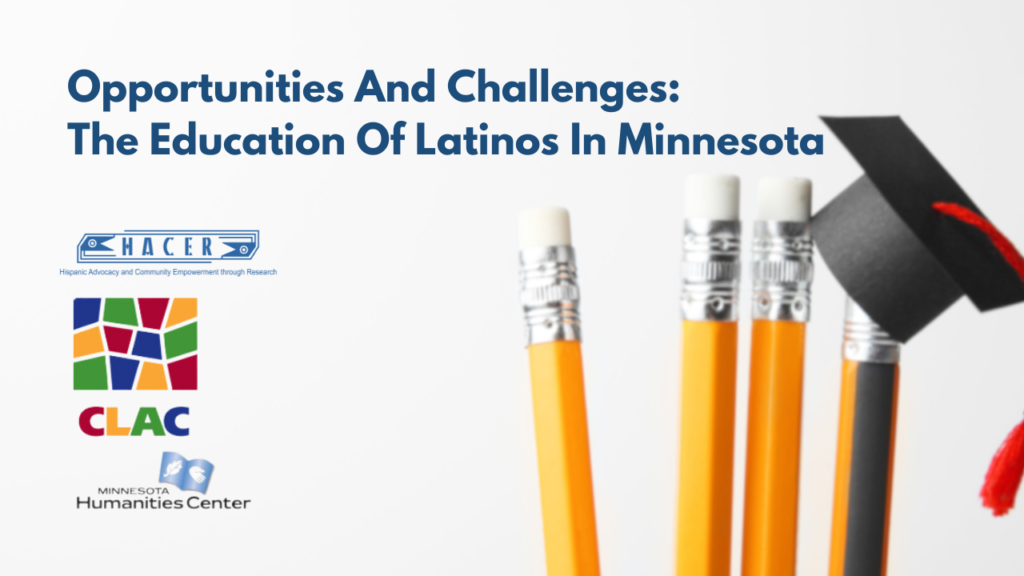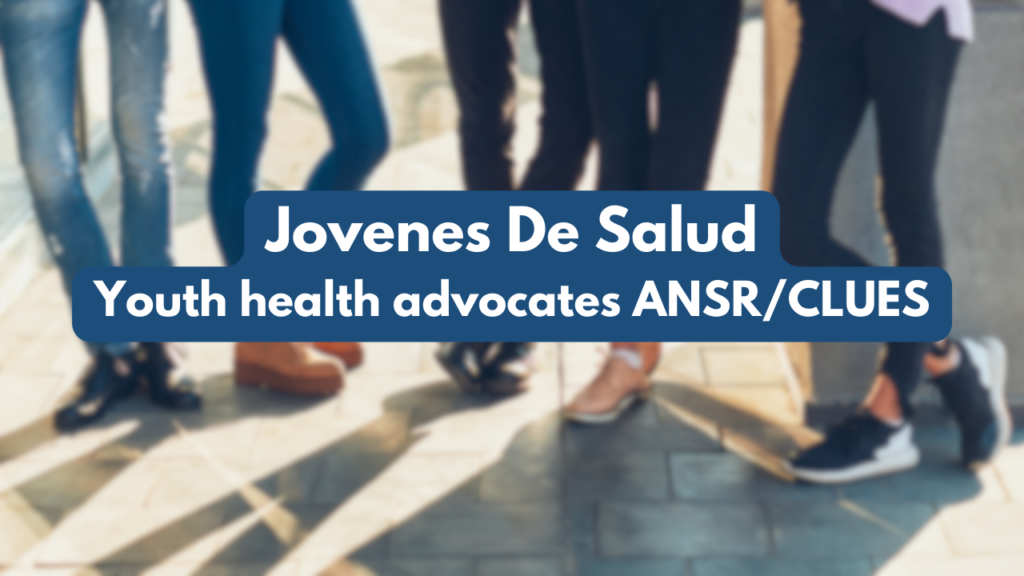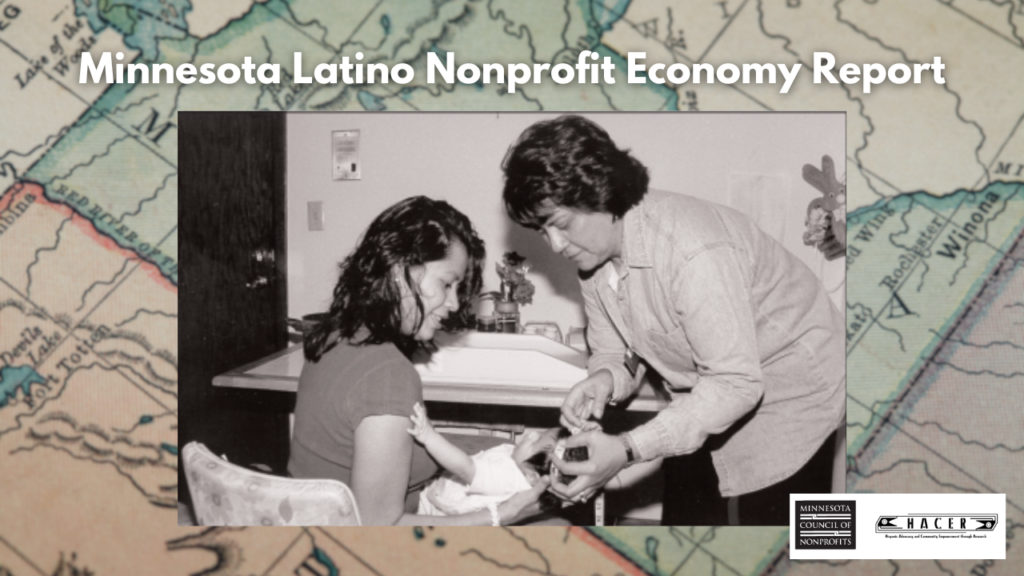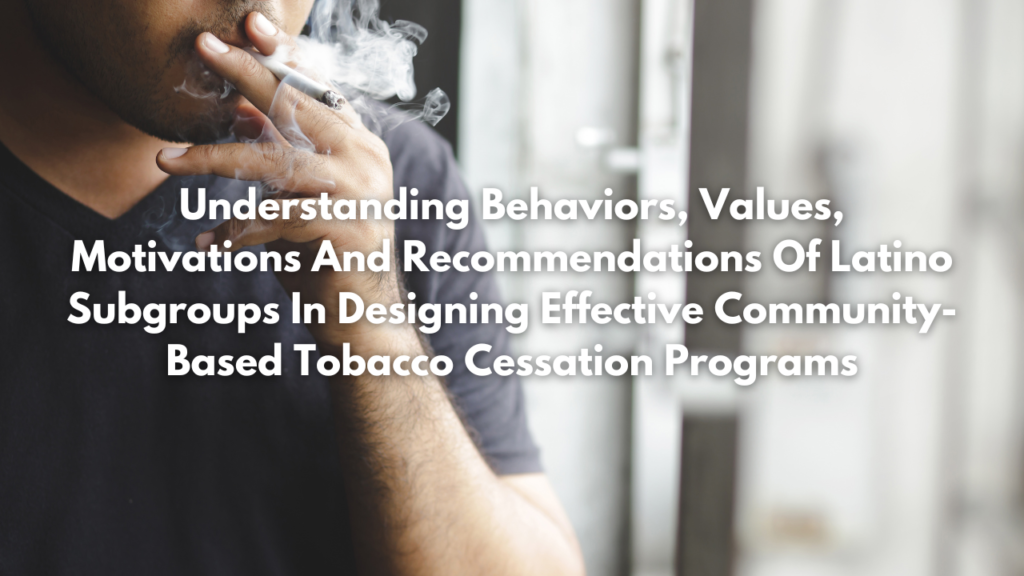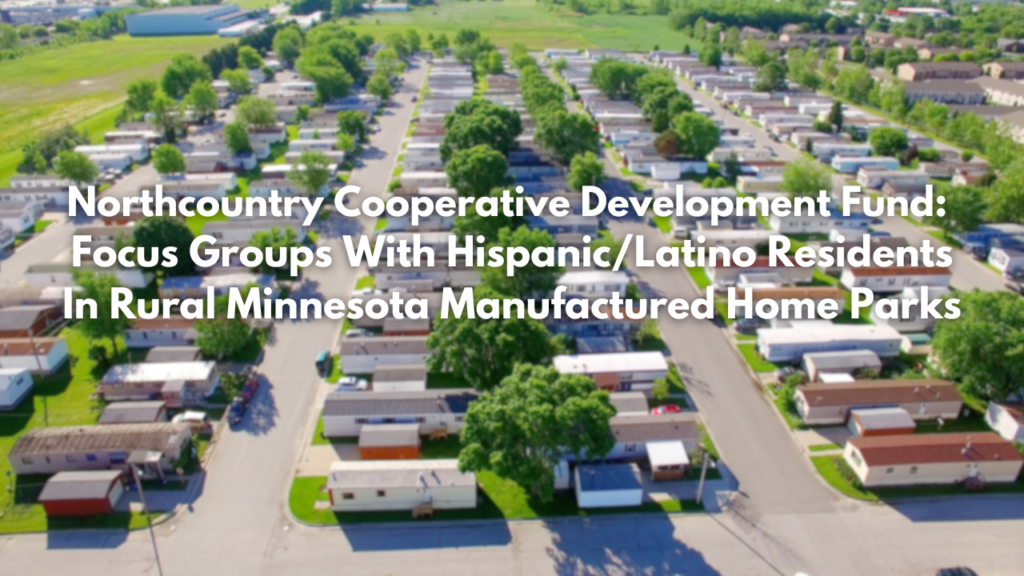Stand Up Participate Program Evaluation Report | Year I
This report evaluates the ongoing process of the SUP program during the first year (September, 2014- August, 2015). SUP’s target areas include: Brooklyn Park, Brooklyn
Center, and North Minneapolis. All of them have higher than average violence crime rate and homicide rate, which correlates with high percentage of minority families
and poverty rate in those areas. Such living environment affects youth’s safety and health, as well as their behavior and performance. Therefore, the discussion will evince the necessity of the program, and its goal of effectively integrating public health and community law enforcement, in order to reduce racial disparities that
prevail throughout the community.
Stand Up Participate Program Evaluation Report | Year I Read More »

